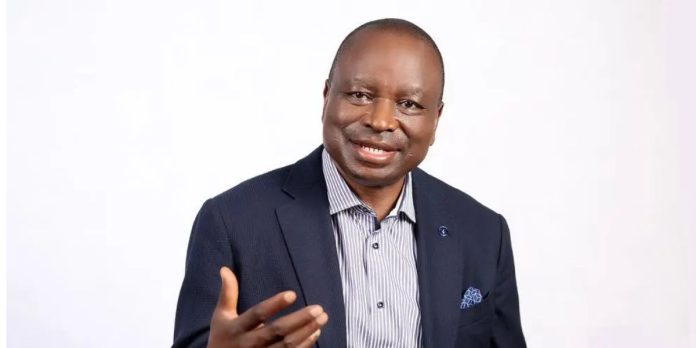A recurring issue in business ownership in Nigeria is the rate at which businesses are hijacked from their promoters by people who are invited to be part of such businesses. In some instances where two or more people mutually agreed to start business, it is commonly reported instances where one or two of the business owners are schemed out directly or indirectly.
When shopping for investors or shareholders for your business, never be desperate to such an extent that you fail to give the business the needed structure. How much is the worth of a unit of share of the business and how much should it be sold for? You have to determine this so that you know what unit of shares you are selling for the money that next person is bringing into the business – and you should sell the shares at premium. What am I saying here? It is your duty to give proper valuation to your business, whether already existing or it is just being conceptualised. Also you need to determine what percentage you are giving to each of the interested shareholders for the money they are putting on the table and not forgetting the well-being of the business. This should be properly documented and legally crafted in such a way that it is binding on all interested parties who are convinced and choose to be part of the business.
Some entrepreneurs have the mentality that whoever provides the fund for a business is the owner of the business. This belief places money-resource above intellect-resource. This way of thinking may not be correct. Intellectual capacity transforms money capacity: to either perform better or perform woefully. Where the money is available but the intellectual capacity is lacking, such money – no matter the amount – ends up wasted. Cast your mind now to many businesses whose owners were super-rich, well known some time ago but are no more: what has become of their money and the businesses they built with the money without good intellectual presence? Rather, money needs business intellect and expertise, and business intellect on the other hand needs money. The two are in need of each other. Never contemplate to rely on money alone to run your business without good strategist(s) in place to activate the potentials of the money.
Undoubtedly, someone who is in need of money to give life to a business is in a desperate and emotional situation. He is very willing to accommodate whatever is thrown at him for the money to come out. At times what is thrown at him is not articulated in a clear-cut, direct manner. It is often shrouded in innuendoes only for it to be prised open little by little when the damage must have been done and the emotions subsided. If you have approached your business this way or you are walking such a part, it is a clear demonstration of lack of business intelligence.
Let’s look at the ownership structure of a business whose owners are well known but yet are not one-man businesses. We have good examples in the ICT sector: Few years back, Facebook announced to sell shares of the company to the tune of $5 billion through public offer. Investors jostled to have a piece of the company by subscribing handsomely. But the picture in Facebook is that the company has dual shareholding classes of ‘A’ and ‘B’ where Class B shares have ten times the voting power of Class A shares. What was sold to the public was Class A shares to generate $5 billion. Mark Zuckerberg holds onto 28.4 percent of Class B shares while other founding promoters and directors of the company own their own shares but lesser than Zukerberg. With this arrangement and notwithstanding the $5 billion Class A shares, the control and decisions over the company is still in the hand of Mark Zukerberg. With the ownership structure, he has power over the long-term direction of the company without feeling short-term pressures from any shareholder of the company because he has over 50% voting power for him to continue to determine what happens in Facebook.
Another way to work through the ownership challenge is to have a mix of equity investment and fix return investment. A certain percentage of the business can be earmarked for equity investment while on the other hand you seek investors who are willing to give money but on guaranteed interest payment. The agreement is to use their money over a period of time (possibly three to five years) and return it. The interests agreed may be paid annually or paid together with principal amount when you are returning the money.
What is the message here? You don’t need to rush and jump at any funding offer for the business from any quarter. Take time to properly articulate how the business should be structured to yield better returns with less stress before you step out to discuss with potential shareholders so that at the end, you will attract wonderful result for doing business without you having to bite your fingers.
Ola Emmanuel is a business planning and cooperative consultant





